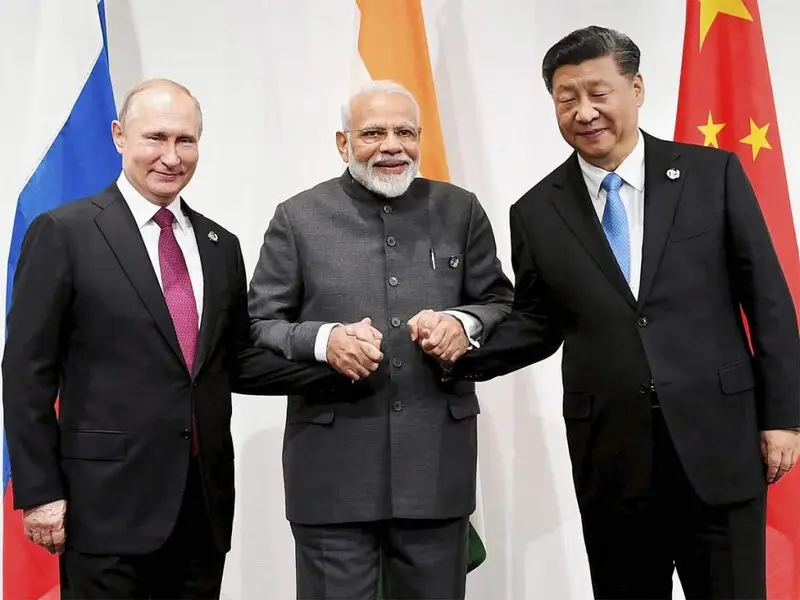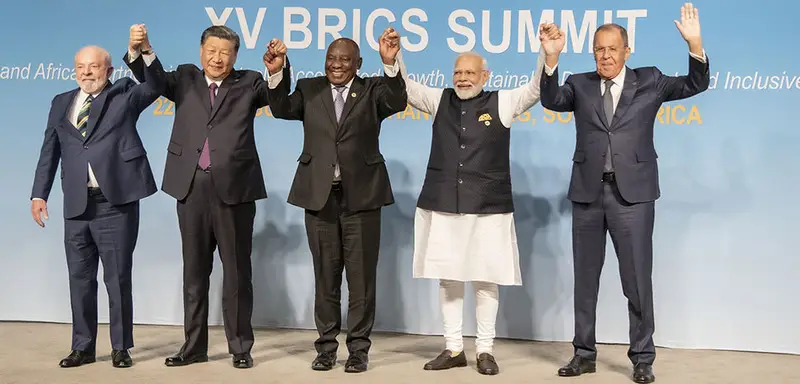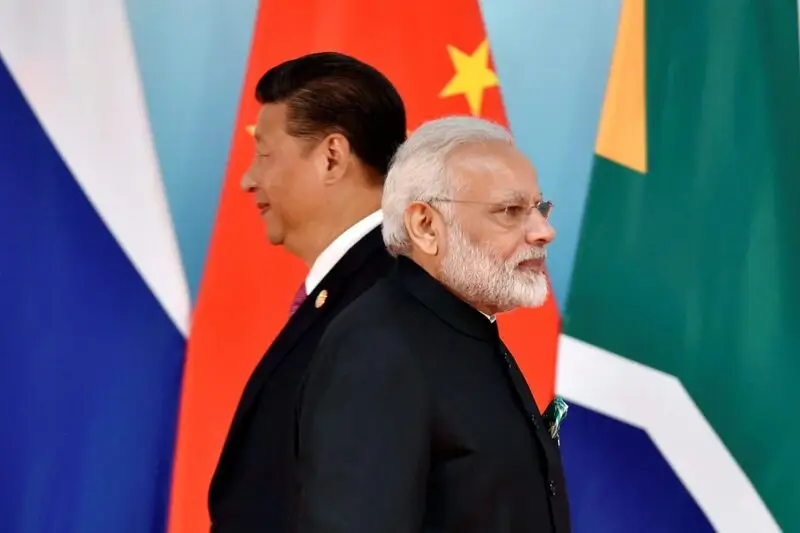In what is certainly a massive development for the BRICS bloc, China and India have reached a key agreement ahead of the bloc’s 2024 Summit. Specifically, both countries have ended a four-year dispute regarding the Himalayan border.
This step is set to have a massive impact on the relations between the two countries. Indeed, the agreement is expected to ease tensions as leaders from China and India are currently making their way to the BRICS event set to dominate the week. Reports suggest that both sides are expected to engage in a meeting throughout the two-day discussions.

Also Read: BRICS Control 20% of the World’s Gold Reserves
China & India Resolve 4-Year Border Dispute As BRICS 2024 Summit Arrives
For much of the last few months, the BRICS 2024 Summit has been a focal point. The gathering is poised to have massive geopolitical ramifications. With countries potentially joining an expanded bloc and the likely debut of a native payment system, there is no shortage of groundbreaking developments that could arise from the Kazan-based event.
Yet, two of the bloc’s most important nations have already found common ground on a monumental issue. Indeed, BRICS members China and India have reached a crucial agreement ahead of the 2024 Summit. Specifically, both sides have, in effect, ended the four-year border dispute between them.

Also Read: 11 Countries Might Join BRICS in 2024 as ‘Associated Partners’
India’s Minister of External Affairs, Subrahmanyam Jaishankar, said that both sides will resume patrolling operations after the agreement was reached, Bloomberg reported. Moreover, he said the “disengagement process with China, you can say, is completed,” regarding the issue.
The relationship at the border will return to what they were in 2020, the official said. The original conflict arose when an unknown clash broke out among soldiers. That left several Chinese and Indian officers dead. Although the agreement has been made public, China’s Foreign Ministry has yet to comment on the matter.






